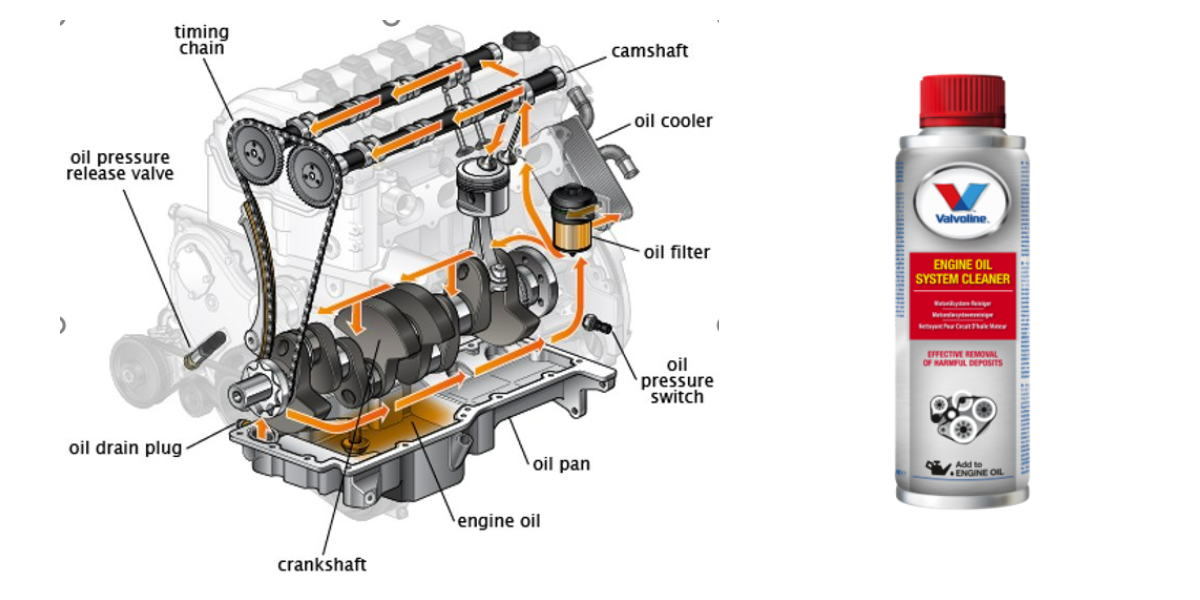Engine oil flush is a topic that often generates mixed opinions among car enthusiasts and mechanics. Some swear by the benefits of performing an engine oil flush‚ while others caution against it. In this article‚ we will explore what an engine oil flush entails‚ its advantages and disadvantages‚ and whether it is a good practice for your vehicle.
What is an Engine Oil Flush?
An engine oil flush is a service designed to clean the internal components of an engine by removing sludge‚ varnish‚ and contaminants from the oil system. This process typically involves adding a chemical cleaning agent to the engine oil‚ which circulates through the engine during operation. After a specified period‚ the engine oil is drained‚ and fresh oil is added.
How Does an Engine Oil Flush Work?
The engine oil flush process generally follows these steps:
- Preparation: Ensure the engine is at operating temperature to help dissolve contaminants.
- Adding the Cleaner: A specialized engine flush product is added to the old oil.
- Idling the Engine: The engine is run for a specified time‚ allowing the cleaning agent to circulate and break down sludge and deposits.
- Draining the Oil: The oil‚ along with contaminants‚ is drained from the engine.
- Replacing the Filter and Oil: A new oil filter is installed‚ and fresh engine oil is added.
Benefits of Engine Oil Flush
Proponents of engine oil flushes argue that they offer several benefits:
- Improved Engine Performance: A cleaner engine can run more efficiently‚ resulting in better fuel economy and performance.
- Extended Engine Life: Removing sludge and deposits may help prolong the life of the engine.
- Better Oil Flow: Clean oil can circulate more freely‚ ensuring better lubrication of engine components.
- Preventative Maintenance: Regular flushing can prevent future issues related to oil degradation and buildup.
Disadvantages of Engine Oil Flush
On the other hand‚ there are several concerns regarding engine oil flushes:
- Potential Damage: The cleaning agents can dislodge large deposits that may cause blockages in oil passages‚ leading to engine damage.
- Compatibility Issues: Some older engines or those with high mileage may not react well to flush agents‚ leading to leaks or other problems.
- Cost: The cost of an oil flush service may not be justified‚ especially if regular oil changes are already being performed.
- Not Always Necessary: Many manufacturers do not recommend flushing as part of routine maintenance‚ especially if the oil is changed regularly.
When Should You Consider an Engine Oil Flush?
While an engine oil flush may not be necessary for every vehicle‚ there are specific situations where it might be beneficial:
- High Mileage Vehicles: Older engines that have not had regular maintenance may benefit from a flush.
- Signs of Sludge Buildup: If you notice oil discoloration‚ a burnt smell‚ or performance issues‚ a flush may help.
- Before Selling or Trading In: Cleaning the engine can make it more appealing to potential buyers.
Ultimately‚ if you are unsure about the necessity of an engine oil flush‚ it is always a good idea to consult with a qualified mechanic who can assess your engine’s condition and provide personalized recommendations.

